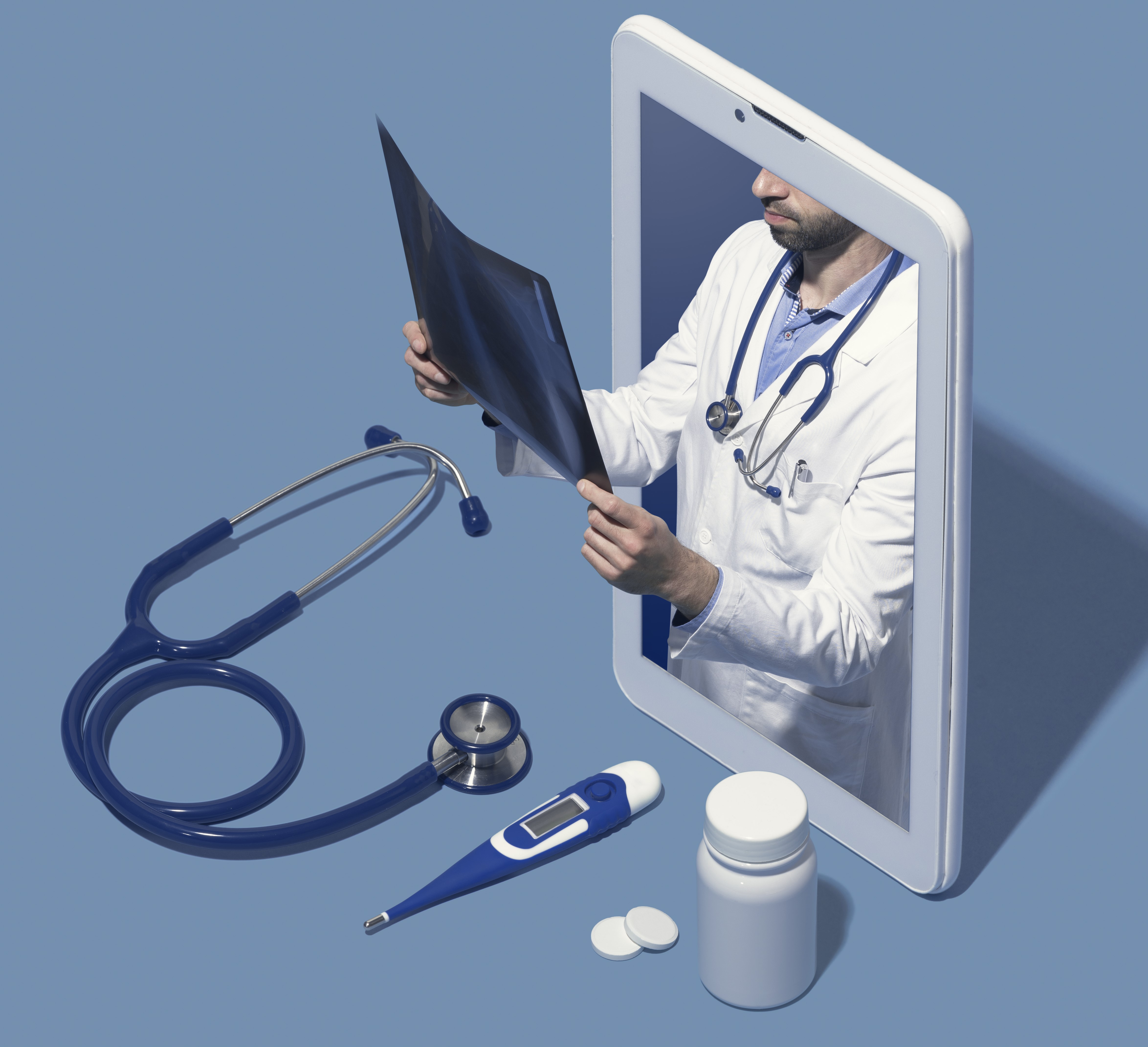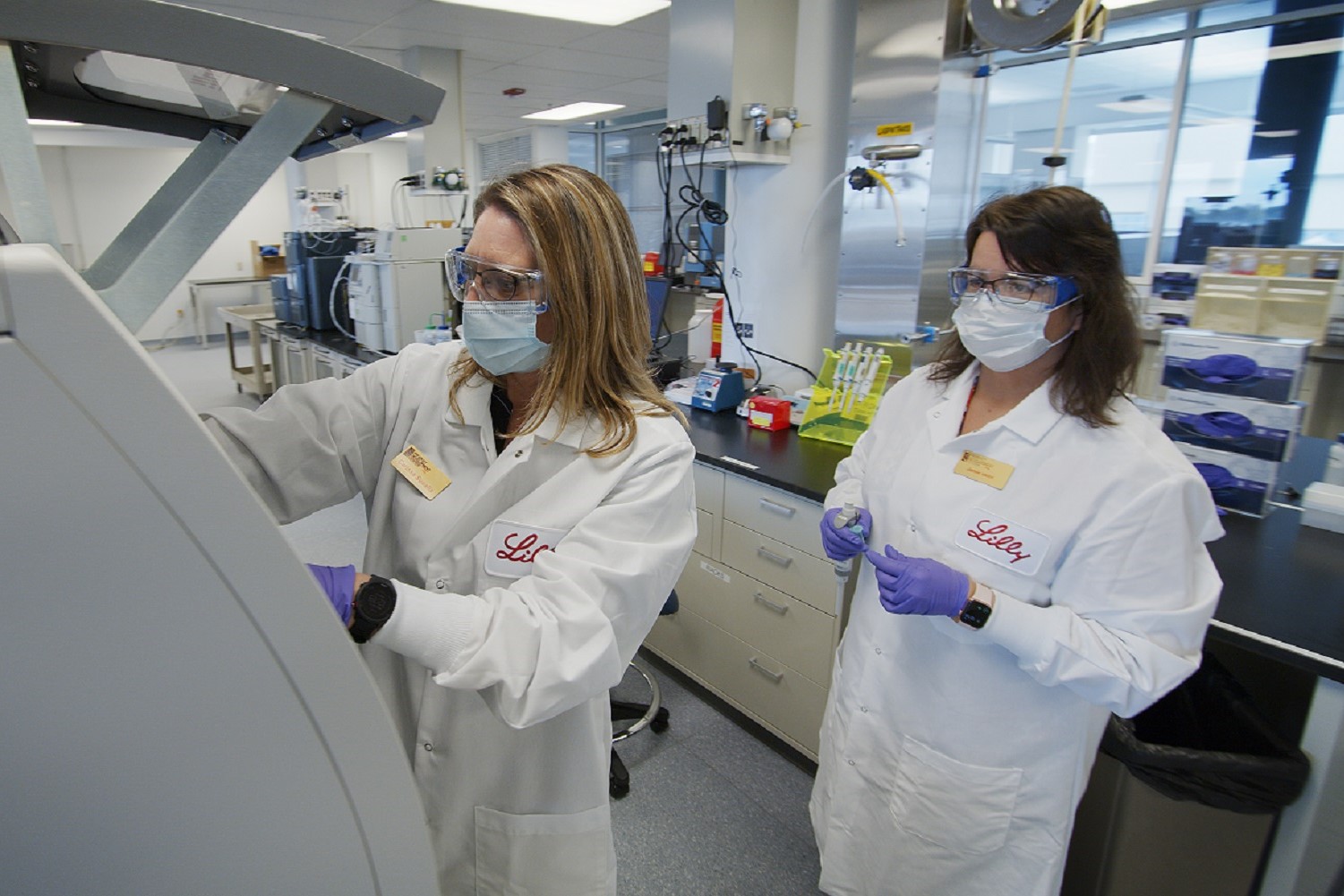The Perelman School of Medicine at the University of Pennsylvania has received $7.5 million from the National Cancer Institute to establish a breast cancer screening center.
The Penn Center for Innovation in Personalized Breast Cancer Screening will look at emerging methods of breast cancer detection. The team, led by Dr. Katrina Armstrong, chief of the division of internal medicine and associate director of Outcomes and Delivery in the Abramson Cancer Center, Dr. Mitchell Schnall and Matthew J. Wilson will use clinical, genomic and imaging information to develop personalized breast cancer screenings to reduce false positive rates and improve outcomes, according to a release from the institution.
The initiative also includes researchers from medical oncology, psychiatry, as well as staff from the Annenberg School for Communication and the Wharton School, and will be conducted through August 2016.

With the Rise of AI, What IP Disputes in Healthcare Are Likely to Emerge?
Munck Wilson Mandala Partner Greg Howison shared his perspective on some of the legal ramifications around AI, IP, connected devices and the data they generate, in response to emailed questions.
The program has three goals. It will set out to improve breast cancer screening through a “breast complexity index” to predict individual screening outcomes. The team will also compare the effectiveness of new imaging technology, including digital breast tomosynthesis compared with conventional mammography. It will also develop new strategies for communicating individual estimates of benefit and risk of alternative screening methods to better inform patients and healthcare providers.
The center will also investigate the outcome data of 74,000 women undergoing breast cancer screening at six sites in Penn Medicine’s integrated health network.
Cancer screening has been a hot-button issue lately, particularly in Canada where the Canadian Task Force on Preventive Health Care recommends women not receive mamographies on a regular basis until they are 50 and even then, only every two or three years.
Early detection can be critical in diagnosing and screening breast cancer. Some companies have focused on developing more sophisticated imaging systems to detect tumors.












